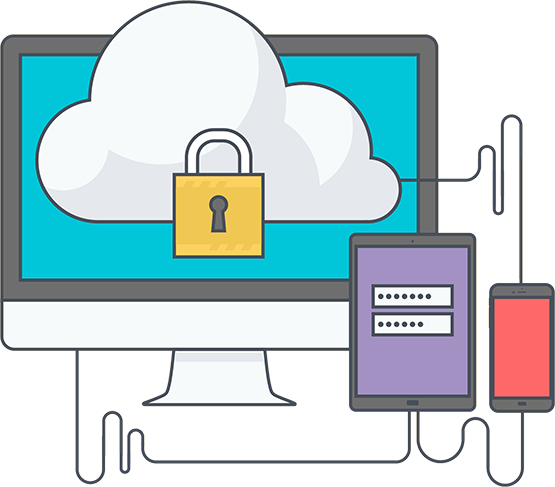Data Protection Day
Data Protection Day, also known as Data Privacy Day, is an annual event that takes place on January 28th.
It aims to help people understand the importance of keeping their personal information safe and respecting their privacy. In today’s digital world, where data is used and shared all the time, it’s crucial to protect our personal information.
Data Protection Day reminds us to take action and learn how to keep our data secure in a world that’s always connected. Join us in celebrating this day and discovering ways to protect our data and privacy.

What is Data Protection Day?
Data Protection Day, also referred to as Data Privacy Day, is an international celebration of data privacy held annually on January 28. It was originally started to commemorate the signing of Convention 108 on January 28, 1981 – the first legally binding international treaty dealing with privacy and data protection in the modern world.
It was first observed on January 28, 2007 in Europe, and later expanded to the rest of the world in January 2008. The first Data Protection Day event was held in Brussels, Belgium and featured a speech from Peter Hustinx, the European Data Protection Supervisor at the time. Since then, various activities have been organized around the world each year to celebrate this important occasion. These activities include workshops, seminars and lectures aimed at educating people about their data protection rights and how to protect their personal information while using the internet or other digital platforms.
Purpose of Data Protection Day
To create awareness that everyone has rights over their personal information and how it is used.
To protect user privacy online by promoting responsible data handling practices.
To encourage users to regularly update their passwords and use stronger passwords for better security measures against cybercrime attempts.
To remind users that they should always take precautions when sharing personal information with third parties, such as not giving out bank details or other private details to people they do not trust fully or are unsure about the legitimacy of the request.
To spread the message of secure data storage methods and encryption techniques, especially for confidential information such as financial records and medical records.
To highlight the threats posed by cyber criminals who use malicious software to obtain our personal information for criminal activities such as identity theft and fraud.
Useful resources

GDPR news!
Subscribe to get handpicked GDPR and data protection news right in your mailbox.
